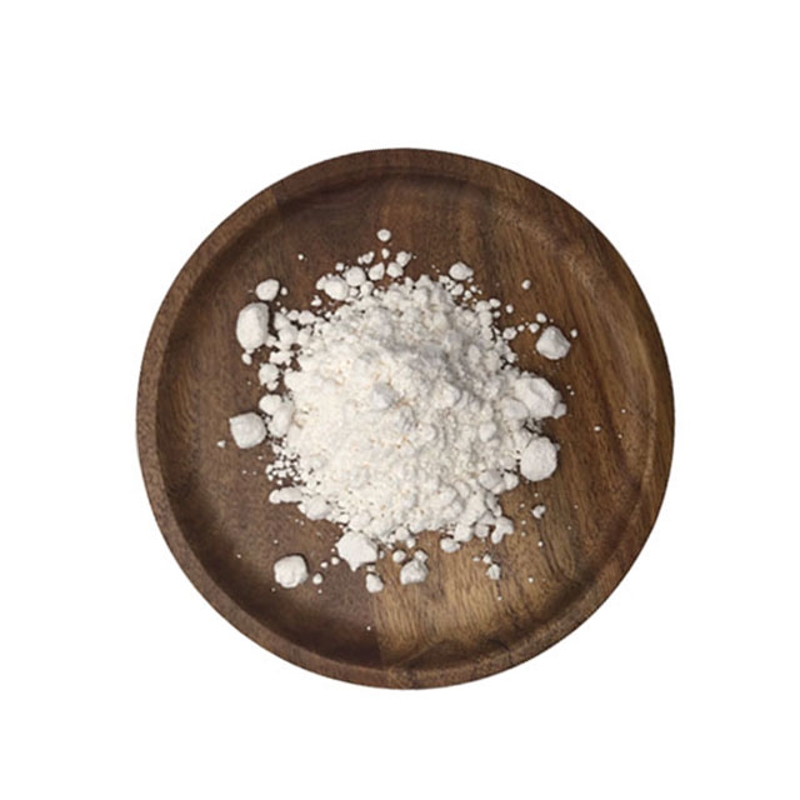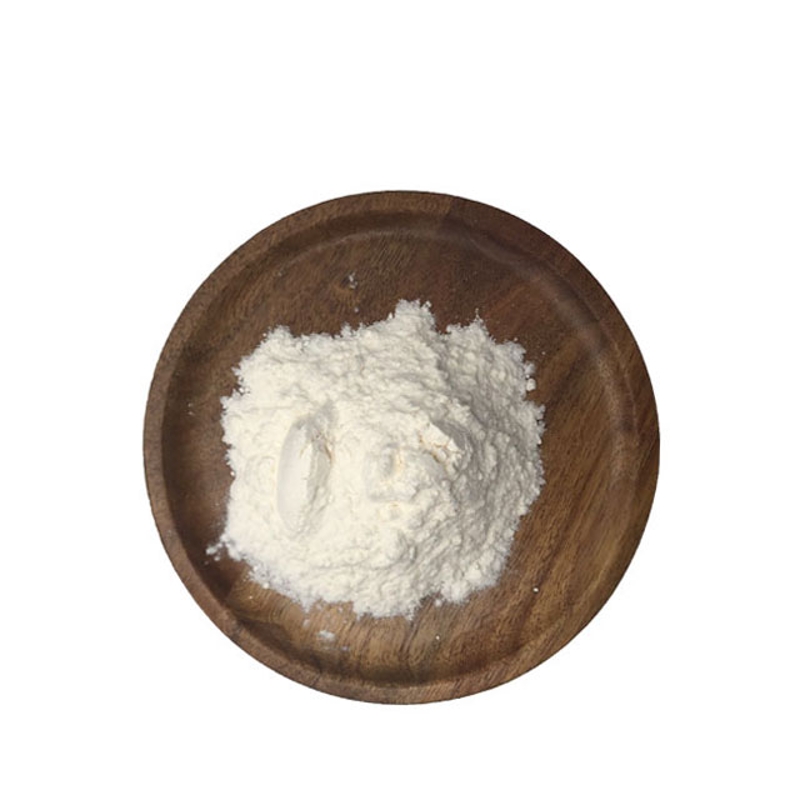-
Categories
-
Pharmaceutical Intermediates
-
Active Pharmaceutical Ingredients
-
Food Additives
- Industrial Coatings
- Agrochemicals
- Dyes and Pigments
- Surfactant
- Flavors and Fragrances
- Chemical Reagents
- Catalyst and Auxiliary
- Natural Products
- Inorganic Chemistry
-
Organic Chemistry
-
Biochemical Engineering
- Analytical Chemistry
- Cosmetic Ingredient
-
Pharmaceutical Intermediates
Promotion
ECHEMI Mall
Wholesale
Weekly Price
Exhibition
News
-
Trade Service
Recently, the U.S. Food and Drug Administration (FDA) approved Lutathera (l Lu 177 dotatate) for the treatment of gastrointestinal pancreatic neuroendocrine tumors (GEP-NETs). This is the first time that a radioactive drug or radioactive drug has been approved for the treatment of gastrointestinal pancreatic neuroendocrine tumors.
GEP-NETs can be found in different parts of the pancreas and gastrointestinal tract, such as the stomach, intestines, colon and rectum. It is estimated that about one in 27,000 people are diagnosed with GEP-NETs each year.
Lutathera is a radioactive drug that works by binding to a cell called a growth hormone suppressor receptor, which may exist on certain tumors. After binding to the receptor, the drug enters the cell to allow radiation to cause damage to tumor cells.
the efficacy of the new drug was validated in two key Phase 3 clinical trials. In the first trial, combined with the best standard treatment (30mg octreotide LA every four weeks), Lutathera showed good results, reducing the risk of disease progression or death by 79% (HR 0.21, 95% CI:0.13-0.3 2;p 0.001); In the second trial, Lutathera partially reduced the tumor in a subgroup of 360 GEP-NETs patients in 1,214 tumor patients who had been positive for inhibitor receptors. It's worth noting that the second clinical trial recruited patients as part of the FDA's Expanded Use program, which allows patients with serious, life-threatening diseases to be treated with new drugs. Based on data from both trials, the FDA also decided to approve the new drug for the benefit of patients.
"GEP-NETs is a rare type of cancer that continues to grow after initial treatment fails, and patient seeking options are limited," said Dr. Richard Pazdur, director of the FDA Center for Oncology Excellence and executive director of the Hematology and Oncology Products Office. It also underscores the FDA's willingness to consider data from the 'Expanded Use' program to support approval of new treatments. Common side effects of Lutathera
include low levels of white blood cells (lymphocytic reduction), high levels of enzymes in certain organs (increased GGT, AST and/or ALT), vomiting, nausea, high blood sugar levels (hyperglycemia), and low levels of potassium in blood (hypokalemia).serious side effects of
Lutathera include the development of low levels of blood cells (bone marrow inhibition), the development of certain blood or bone marrow cancers (secondary myelomication abnormal syndrome and leukemia), kidney damage (nephrotoxicity), liver damage (liver toxicity), hormonal levels of abnormal body (neuroendogenic hormone crisis) and infertility. (Yang Liping)documentation Source:
(1) FDA Official Website:
FDA approves new treatment for the
of the cysys.







